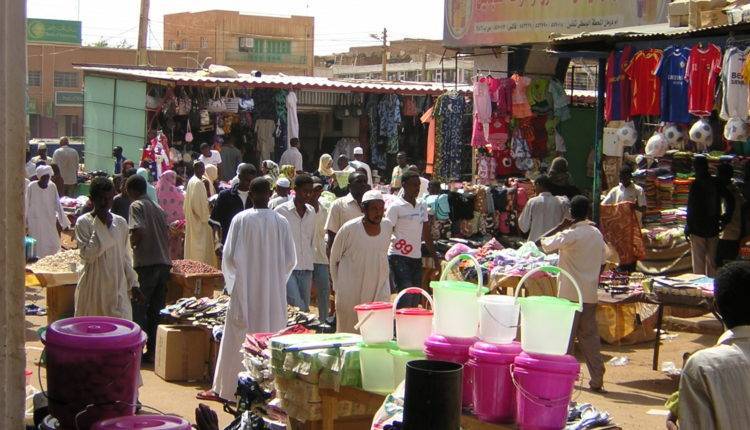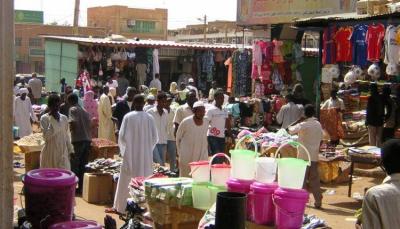The city of Benghazi and the eastern cities, if not the entirety of Libya, are experiencing a liquidity shortage in banks, which has raised concerns among Libyans who are suffering due to delayed salaries and rising dollar prices against the dinar. With the approach of Ramadan, which typically sees increased shopping and crowded markets, residents of Benghazi are complaining about the rising prices of food products.
Mohamed al-Bargethi, a health sector employee and father of five, stated, "Unfortunately, we have not yet found relief; we are moving from one crisis to another... I try to withdraw money from my bank but I am unable to... I come out empty-handed." He added, "I activated banking services to buy household necessities. It's true I temporarily solved my problem, but I feel that banking services exploit citizens."
Public sector employees just received their salaries for January and February two days ago. Salah Al-Omami, a food trader in Benghazi, said, "It seems that we have gone back to square one regarding liquidity. As traders, we suffer from both a liquidity shortage and the rising dollar price... there has been a decline in customer demand over the past two weeks." The official market price of the dollar is 4.8 dinars, while it is 7.39 dinars in the parallel market.
A responsible source from the Central Bank of Libya in Benghazi, who requested anonymity, told Reuters, "The reason for the liquidity shortage is the closure of letters of credit during the past period, but we expect a breakthrough in the crisis before Ramadan; letters of credit will be reopened."
Libyan economic expert Atiyah Al-Sharif told Reuters, "The current liquidity shortage is due to the intermittent and fluctuating procedures and random decisions of the Central Bank of Libya, which has led to a loss of trust between the bank, citizens, and traders." He added, "Citizens withdraw any amount immediately, and traders do not deposit their money in banks, which has led to inflation... The Central Bank of Libya is headed by one person who is not held accountable or reviewed afterwards."
On Tuesday, the Governor of the Central Bank of Libya, Al-Siddiq Al-Kabeer, called for a unified national budget in clear defiance of his former ally, Prime Minister Abdul Hamid Dbeibeh, amid the decline in the value of the Libyan dinar.




